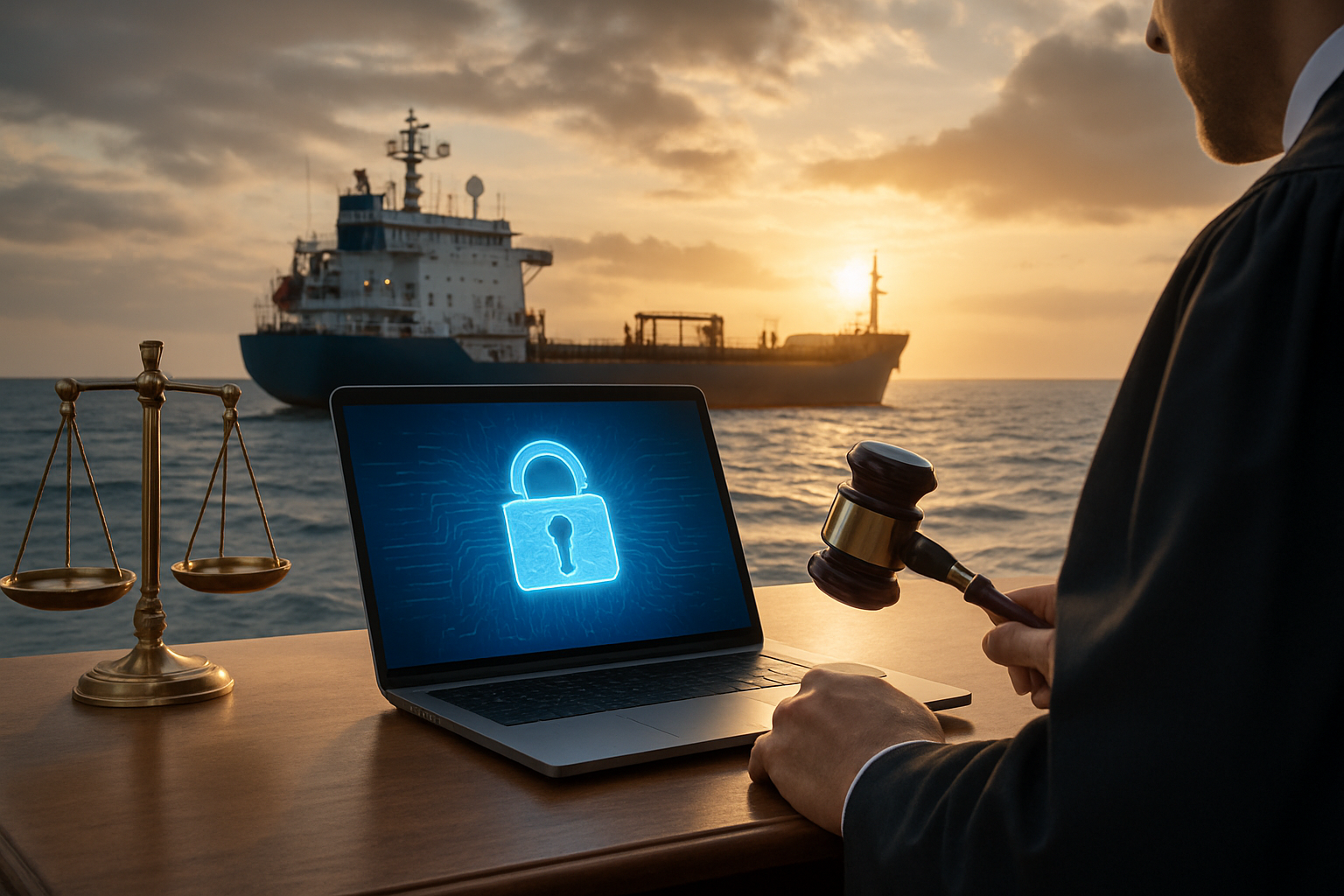Title: Navigating the Complexities of International Maritime Law
Introduction: In the vast expanse of the world's oceans, a complex web of legal principles governs the activities of nations, ships, and seafarers. International maritime law, a dynamic and evolving field, plays a crucial role in maintaining order on the high seas, regulating commerce, and addressing environmental concerns. This article delves into the intricacies of this fascinating legal domain, exploring its historical roots, current challenges, and future trends.

The United Nations Convention on the Law of the Sea
The United Nations Convention on the Law of the Sea (UNCLOS), often referred to as the Constitution for the Oceans, marked a significant milestone in maritime law. Adopted in 1982 and entering into force in 1994, UNCLOS established a comprehensive legal framework for all maritime activities. It defines maritime zones, regulates the exploitation of marine resources, and sets guidelines for environmental protection. The convention also established the International Tribunal for the Law of the Sea to adjudicate disputes between nations.
Jurisdiction and Enforcement on the High Seas
One of the most challenging aspects of international maritime law is the issue of jurisdiction and enforcement on the high seas. The principle of freedom of the seas, established by Dutch jurist Hugo Grotius in the 17th century, continues to influence modern maritime law. However, balancing this principle with the need for effective law enforcement against piracy, illegal fishing, and other maritime crimes remains a constant challenge for the international community.
Maritime Environmental Protection
As global awareness of environmental issues has grown, maritime law has evolved to address the ecological impact of shipping and offshore activities. The International Maritime Organization (IMO) has played a pivotal role in developing conventions and regulations aimed at preventing marine pollution and protecting marine ecosystems. The International Convention for the Prevention of Pollution from Ships (MARPOL) and the Ballast Water Management Convention are prime examples of these efforts to reconcile economic interests with environmental protection.
Emerging Challenges in Maritime Law
The rapid pace of technological advancement and changing geopolitical landscapes present new challenges for international maritime law. The rise of autonomous vessels, for instance, raises questions about liability and regulatory frameworks. Additionally, the increasing militarization of maritime spaces and disputes over resource-rich areas, such as the South China Sea, test the limits of existing legal mechanisms. Climate change and its impact on sea levels and Arctic navigation routes further complicate the legal landscape, necessitating adaptive and innovative approaches to maritime governance.
The Future of International Maritime Law
As the maritime domain continues to evolve, so too must the legal frameworks that govern it. The future of international maritime law will likely see increased focus on sustainable ocean governance, addressing issues such as marine plastic pollution and the conservation of biodiversity in areas beyond national jurisdiction. Efforts to enhance maritime security and combat transnational crimes at sea are also expected to intensify. Moreover, the integration of new technologies and the need for more effective dispute resolution mechanisms will shape the development of maritime law in the coming decades.
In conclusion, international maritime law stands as a testament to the global community’s ability to cooperate in governing the world’s oceans. From its ancient roots to its modern complexities, this field of law continues to adapt to the changing needs of maritime commerce, environmental protection, and international security. As we navigate the challenges of the 21st century, the evolution of maritime law will play a crucial role in shaping the future of our oceans and the global economy that depends on them.






